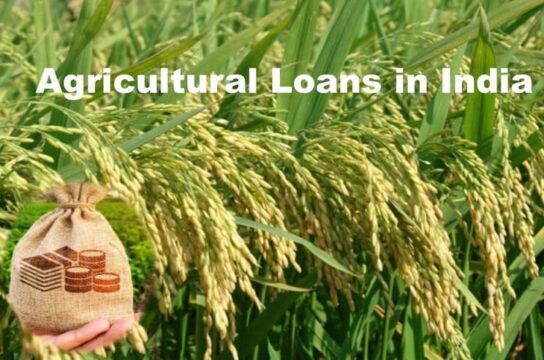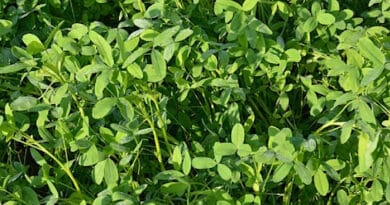The Rise of Organic Seed Treatment Solutions in Sustainable Agriculture
Organic Seed Treatment Solutions For Sustainable Agriculture:
As the global population continues to soar, the need for sustainable agricultural practices has become more crucial than ever. One such practice gaining momentum is the use of organic seed treatment solutions. These eco-friendly treatments offer an effective alternative to conventional chemical treatments, promoting healthier crops and safeguarding the environment.
The Importance of Organic Seed Treatment
 Seed treatment is a critical step in agriculture, designed to protect seeds from diseases, pests, and unfavorable soil conditions. Traditional seed treatments often involve synthetic chemicals, which, while effective, pose several environmental and health-related concerns. The residues of these chemicals can contaminate soil and water, disrupt beneficial microorganisms, and potentially harm non-target species. In contrast, organic seed treatments offer a sustainable approach that minimizes these risks.
Seed treatment is a critical step in agriculture, designed to protect seeds from diseases, pests, and unfavorable soil conditions. Traditional seed treatments often involve synthetic chemicals, which, while effective, pose several environmental and health-related concerns. The residues of these chemicals can contaminate soil and water, disrupt beneficial microorganisms, and potentially harm non-target species. In contrast, organic seed treatments offer a sustainable approach that minimizes these risks.
Understanding Organic Seed Treatment Solutions
Organic seed treatment solutions utilize natural substances and biological agents to enhance seed health and vigor. These treatments can include plant extracts, beneficial microorganisms, mineral-based powders, and natural oils. The primary goal is to create a protective barrier around the seed, boosting its resilience against pathogens and promoting robust growth.
Benefits of Organic Seed Treatment
1. Environmental Safety: Organic solutions are biodegradable and leave no harmful residues in the soil or water, reducing environmental pollution.
2. Enhanced Soil Health: By fostering beneficial soil microorganisms, organic treatments contribute to improved soil fertility and structure.
3. Reduced Pest and Disease Pressure: Natural compounds in organic treatments can deter pests and inhibit the growth of pathogens, leading to healthier plants.
4. Improved Crop Yield and Quality: Healthier seeds lead to stronger plants, resulting in higher yields and better-quality produce.
5. Consumer Demand: As consumers become more health-conscious, there is a growing demand for organic produce, driving the adoption of organic seed treatments.
Popular Organic Seed Treatment Methods
1. Biological Agents: The use of beneficial bacteria and fungi, such as Bacillus subtilis and Trichoderma species, helps suppress soil-borne diseases and enhance plant growth.
2. Botanical Extracts: Neem oil, garlic extract, and seaweed extracts are popular organic treatments known for their antimicrobial and growth-promoting properties.
3. Mineral Powders: Natural minerals like sulfur and copper can protect seeds from fungal infections without the adverse effects of synthetic chemicals.
4. Physical Methods: Techniques such as hot water treatment or seed priming with water or nutrient solutions can enhance seed resilience naturally.
Challenges and Future Prospects
Despite their benefits, organic seed treatments face challenges, including variability in effectiveness and shorter shelf life compared to synthetic options. However, ongoing research and innovation in organic agriculture are addressing these issues, making organic seed treatments more viable and efficient.
Conclusion
Organic seed treatment solutions represent a promising approach to sustainable agriculture, offering numerous benefits for farmers, consumers, and the environment. By reducing reliance on chemical inputs and promoting eco-friendly practices, organic seed treatments pave the way for a healthier and more sustainable future in food production. As research continues to advance, the adoption of organic seed treatments is expected to grow, contributing to a more resilient and sustainable agricultural system.



